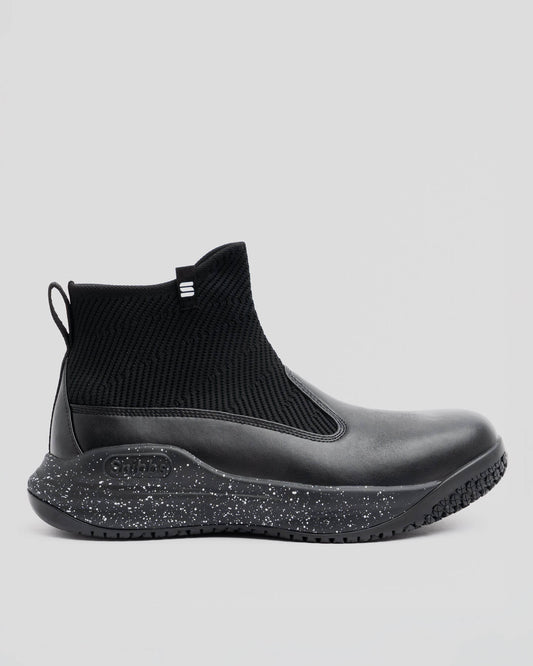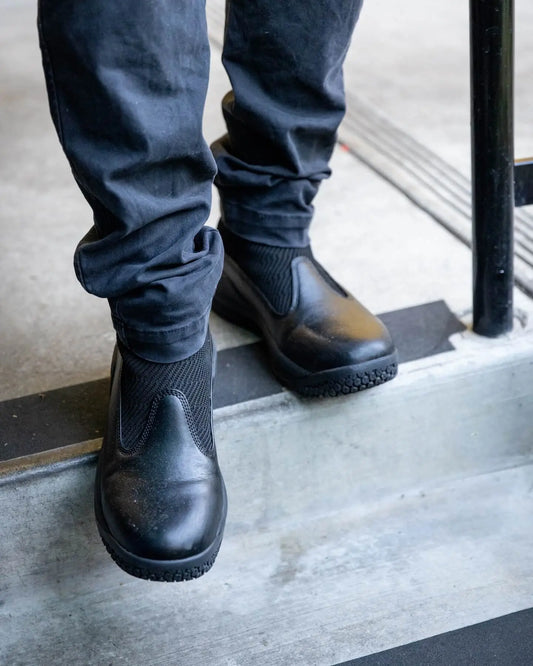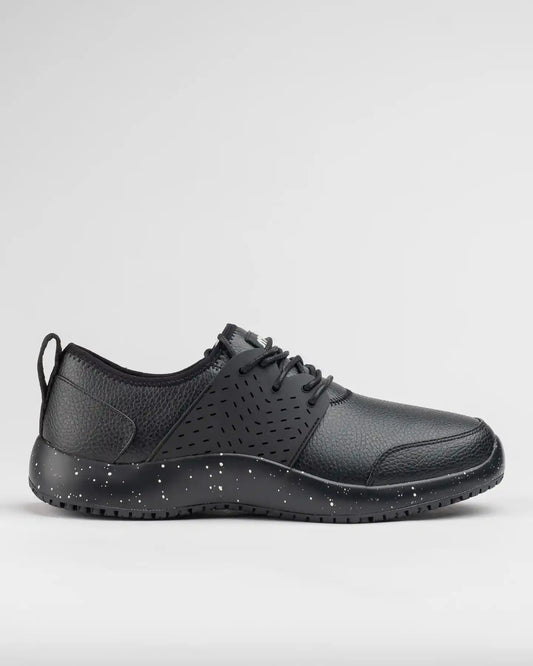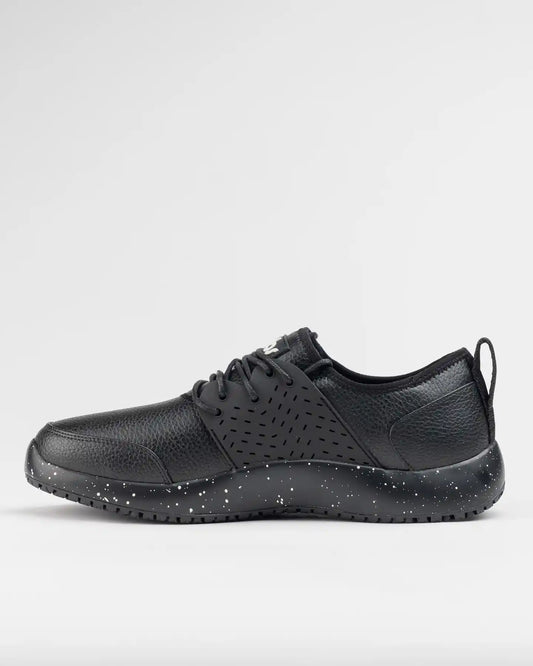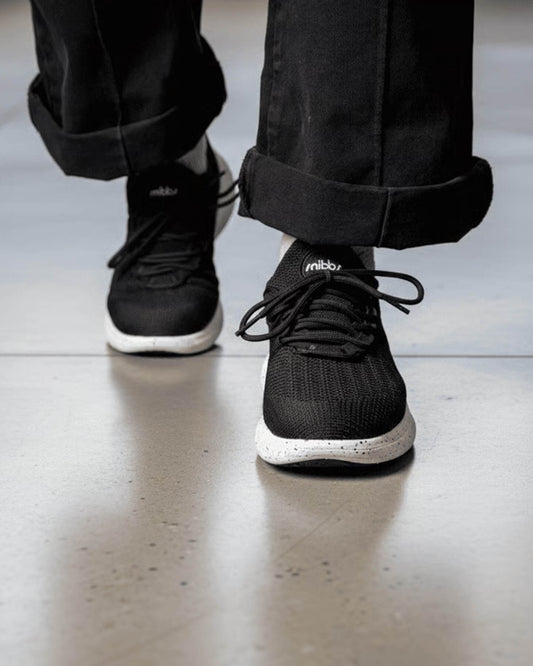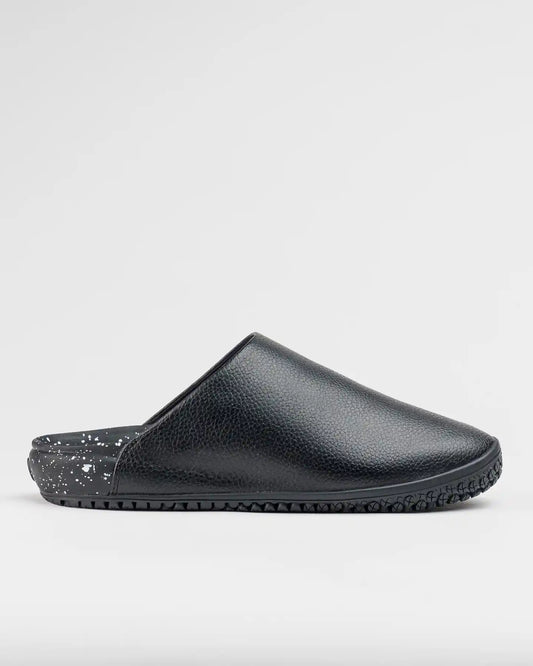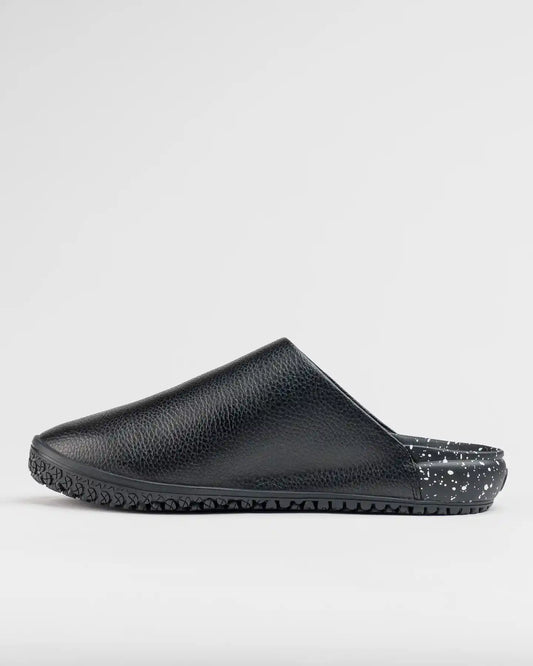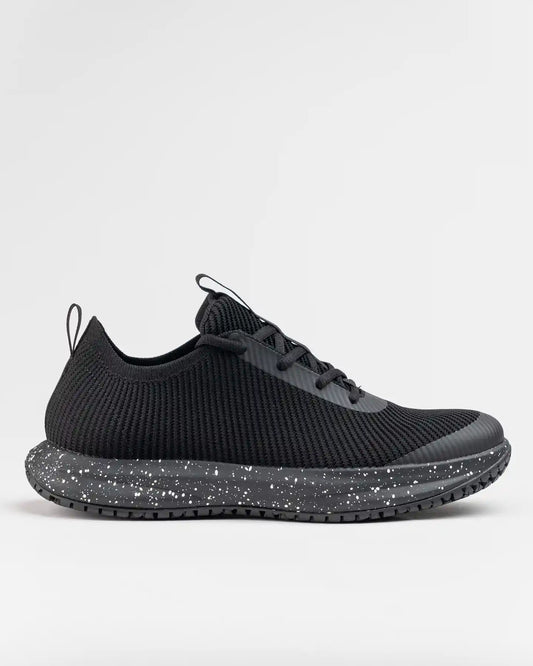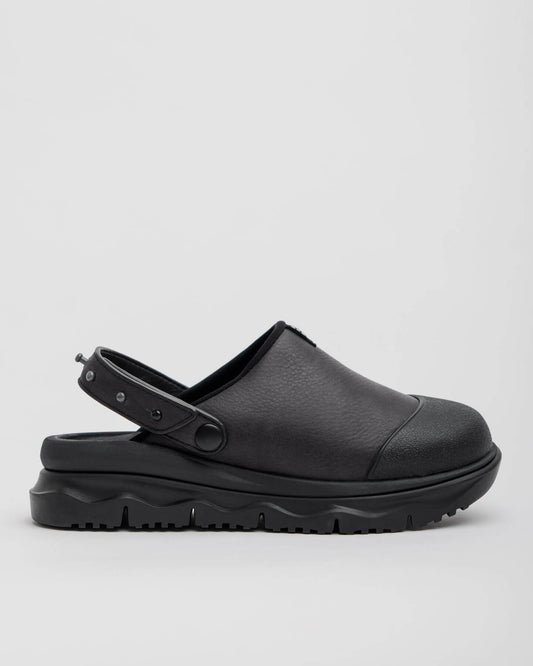How to Get Through 12 Hour Shifts
Alex Kinejara
Nurses and doctors alike are no strangers to long, arduous shifts. Whether you’re a seasoned medical professional or a budding student, 12 hours shifts are likely in your future.
Longer shifts can reduce transitions between teams to provide improved inpatient care, but how do healthcare professionals survive the 12-hour long shift? It all comes down to prioritizing your mental and physical health.
And believe it or not, many veterans of the medical field claim that there are many personal, as well as professional, benefits to the 12-hour shift. Some even prefer it. To prepare for your upcoming time on the floor, we’re walking you through everything you need to know about how to get through 12 hour shifts.
Surviving a 12 Hour Shift
A 12 hour shift means that healthcare professionals, such as doctors and nurses, must be on-call for a full 12 hours. Compared to the 8-hour 9-to-5, this type of work schedule can seem daunting, and emphasizing self-care for healthcare workers is important to endure long shifts.
That said, there are several tips and tricks that you can incorporate into your day-to-day to ensure you’re taking care of yourself while you’re on the floor:
- Bring healthy meals – Pack your lunch box with plenty of ready-to-go and nutritious treats, such as chopped vegetables, mess-free fruits, mixed seeds and nuts, and dark chocolate. Eating healthy can boost your immunity, improve cognitive function, and positively influence your mood in those final hours of your shift.
- Take time to move – During your breaks, find a space where you can have a few moments to yourself to focus on your body. If you’re feeling a strain in your shoulders or back, stretch tense areas or do a few yoga movements to relax and recharge your body.
- Treat your feet – During a 12-hour shift, you’re likely on your feet for the majority of it, shuffling between hospital wings and patients in need. To improve your circulation while on the job, wear a pair of compression socks. Supportive shoes like Snibbs work shoes can also provide your feet with some respite throughout the day: They’re formulated with Ortholite® Insoles and they’re slip-resistant for safe and comfortable traveling.
- Dress comfortably – In addition to your scrubs, pack along a few lightweight layers or breathable jackets and sweaters to keep yourself comfortable throughout the day, whether you’re experiencing early-morning chills or mid-afternoon heat waves.
- Find a change of scenery – Breaks are also a wonderful opportunity to refresh your mind by leaving the hospital scene behind. If possible, go for a walk in a nearby neighborhood or eat your snack in an area of the hospital where you don’t work. This allows you to take some time and space for yourself.
Benefits of 12-Hour Shifts
While the hours are long, many healthcare professionals favor 12-hour shifts because they streamline patient care and provide doctors, physicians, and nurses with a more proportioned work-life balance.
#1 Streamlined Patient Care
Patient handoffs often result in errors. In fact, it was found that 37% of examined handoffs were unsuccessful and often resulted in:1
- Communication failures between physicians
- Inaccurate dosages, or missing medication altogether
- Inexperience with patients’ symptoms due to
That’s one of the reasons 12-hour shifts were initiated: One team is responsible for a patient for the duration of their stay. As a result, it’s often reported that 12-hour nursing provides the best care for patients. This also improves each team’s efficiency during their shift
#2 Work-Life Balance
One of the most desirable advantages to 12 hour-shifts is the three days on, four days off schedule. Even though those three days of consecutive shifts can be grueling, few other jobs provide the opportunity for a full four-day break.
While it's not always an option, some nurses can choose how they stack their days. Some prefer to work every other day, allowing themselves a full day to recharge between shifts. Others prefer to have four straight days off. This flexibility can be especially beneficial to those with families.
#2 Less Travel Time
For those who live at a distance from their facility, the three-on, four-off schedule can decrease the amount of time nurses spend commuting to and from work to save:
- Time
- Money
- Mental power
Drawbacks of 12-Hour Shifts
While the 12-hour shift can provide many benefits to patients and providers alike, it can also take a toll on healthcare professionals, leading to increased fatigue, long-term health risks, and social ramifications.
#1 Increased Fatigue
There’s a reason healthcare professionals are susceptible to burnout: Long hours can lead to fatigue, which is one of the leading physician burnout causes. As a consequence, doctors and nurses can experience:2
- Feet and body aches
- Mental strain
- Memory loss
- Impaired judgment
- Reduced attention and concentration
- Slow reaction times
#2 Long-Term Health Risks
When you work longer shifts, there is little time before, during, and after your shifts to eat healthy meals, exercise, and sleep. As a result, it becomes very easy to adopt an unhealthy lifestyle, which can lead to:
- Depression
- Anxiety
- Insomnia
As such, practicing self-care is of the utmost importance during 12-hour shifts. Take a moment to yourself throughout your shift to eat well and tend to any aches and pains you may have.
#3 Impacted Social Life
While 12-hour shifts can provide healthcare providers with more time off, these hours may fall under times when family and friends are unavailable. As a result, many healthcare professionals may feel isolated or dissatisfied with their lives.
Survive a 12-Hour Shift With Snibbs
Mental and physical exhaustion are by far the most glaring pitfalls of working 12-hour shifts, and they’re directly linked to each other. In fact, it was found that those who experience foot pain are more likely to exhibit signs of depression.3
Medical professionals are on their feet all day, so it's of the utmost importance to prioritize comfort. That’s why Snibbs are the best hospital work shoes for doctors and nurses alike, offering essential features like:
- Dual-density insoles that eliminate pressure points and backaches
- A wide toe box and adjustable width to keep your feet happy during long shifts
- Water-resistant uppers and slip-resistant soles
- Recycled materials for a sustainable product
Step into your next shift with Snibbs slip-resistant work shoes.
Sources:
- Rasmussen University. Nurses Share the Pros and Cons of Working 12-Hour Shifts. https://www.rasmussen.edu/degrees/nursing/blog/working-12-hour-shifts/
- CDC. Work and Fatigue. https://www.cdc.gov/niosh/topics/fatigue/default.html
- NLM. Severity of Foot Pain is linked to the Prevalence of Depressive Symptoms. https://www.ncbi.nlm.nih.gov/pmc/articles/PMC5607623/



